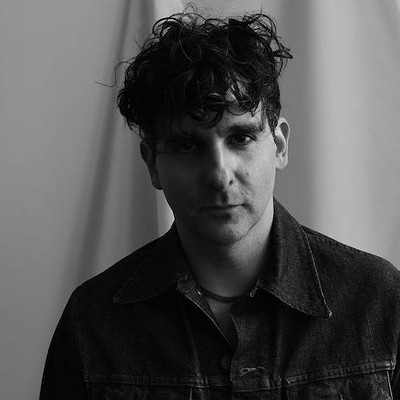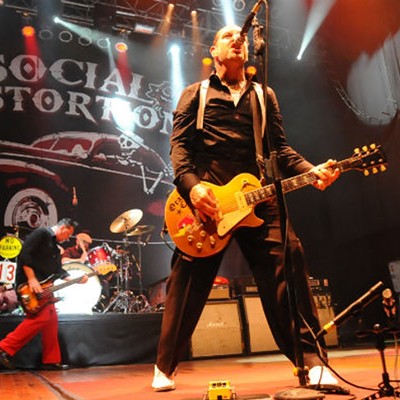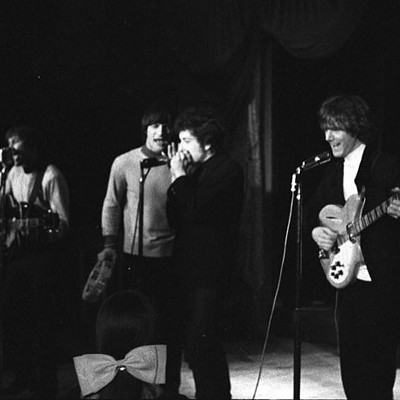Support Us
Houston's independent source of
local news and culture
account
- Welcome,
Insider - Login
- My Account
- My Newsletters
- Contribute
- Contact Us
- Sign out
[
{
"name": "Related Stories / Support Us Combo",
"component": "11591218",
"insertPoint": "4",
"requiredCountToDisplay": "4"
},{
"name": "Air - Billboard - Inline Content",
"component": "11591214",
"insertPoint": "2/3",
"requiredCountToDisplay": "7"
},{
"name": "R1 - Beta - Mobile Only",
"component": "12287027",
"insertPoint": "8",
"requiredCountToDisplay": "8"
},{
"name": "Air - MediumRectangle - Inline Content - Mobile Display Size 2",
"component": "11591215",
"insertPoint": "12",
"requiredCountToDisplay": "12"
},{
"name": "Air - MediumRectangle - Inline Content - Mobile Display Size 2",
"component": "11591215",
"insertPoint": "4th",
"startingPoint": "16",
"requiredCountToDisplay": "12"
}
,{
"name": "RevContent - In Article",
"component": "12527128",
"insertPoint": "3/5",
"requiredCountToDisplay": "5"
}
]
To dismiss a genre (or subgenre) of music as just “bad” generally isn’t a good thing. When you do that, as a listener or critic or even someone just vaguely interested, you immediately shut out every opportunity that genre or style of music had to prove you wrong. Once you’ve decided that country or pop or EDM or whatever “sucks,” battling back that position is the most uphill of climbs.
But in the case of country music, this particular genre hasn’t exactly helped its own case. As country ascended, the quality of what Nashville produced began to decline dramatically. The situation got so bad that artists who were recording hard country music ran off to folk and alt-country and Americana and, in some cases, indie rock. That exodus has everything to do with the fact that music fans, by and large, categorize country as “bad” music.
The most open-minded among us would say that no music is “bad” music, that it’s all up to interpretation and people should just be allowed to like what they like. In an interview with GQ, though, the uncategorizable Jason Isbell strongly disagreed with that notion. "I don't believe all music is good,” he told the magazine's Will Welch. “I believe some music is bad for people to listen to. I think it makes their taste worse, I think it makes their lives worse, I think it makes them worse people.”
Coming from Isbell or anyone else, that’s a pretty controversial opinion. Most artists are typically happy to leave other musicians to their work, in fear that any kind of criticism would be viewed as shitting on other people who are trying to make a living. Guys like Isbell know how hard it is to make a living playing music, and they aren’t too keen on being part of a takedown. But, as Isbell notes, sometimes those takedowns are immeasurably important.
I’d say that country music is currently sitting in one of those times. Most criticisms of country tend to be very surface-level. The old refrain of ‘trucks, beer, and girls’ is an aesthetic that most highbrow music critics and fans with a certain level of snobbery just aren’t willing to tolerate. No one at NPR or The New York Times is going to write a glowing review of a three-minute ode about guns or Florida-Georgia Line’s barely radio-appropriate sexual innuendo.
To be sure, I’d sell my (hypothetical) first child to never have to hear another song about a goddamn truck again, but that isn’t country music’s fundamental problem. The problem with country music right now, and not just bro-country, is that it is actively harmful to its fans and artists who are trying to navigate the music world.
The sexism of country music is well-documented and has been, well, since country music has existed. Women have always had to fight and claw for the scraps that the industry has been willing to give them, but we now live in a world where Carrie Underwood and Miranda Lambert are at the same level of superstardom as the Luke Bryans and Sam Hunts of the world but don’t sell nearly as many albums or get equitable playing time on the radio.
To suggest that disparity is related to anything other than country music’s pervasive sexism is to ignore what is perhaps its largest problem. There are actual people in the country-music machine who legitimately believe that people don’t want to hear women on the radio. Or that they don’t work as hard as male artists. Those assumptions may be all based in bullshit (hint: they are), but that doesn’t mean that they’re not negatively impacting women who are trying to make it in this business.
If that all sounds like a bunch of feminist hoopla, consider this: It’s also equally difficult for quality male artists to be successful in this climate. There is a reason that Whitey Morgan sells God knows how many T-shirts emblazoned with “fuck pop country” at his shows. This is also the reason why people who make the best country music, Isbell included, are saying “fuck you” to the genre too.
Perhaps most important, though, country is painfully guilty of perpetrating the idea that there is some kind of white utopia that exists on this planet. Country music is almost violently segregated, happy to borrow influence from hip-hop or blues or soul or mariachi while pretending that people of color simply don’t exist. There are up-and-coming artists of color to be sure, Mickey Guyton and viral Facebook sensation/country-rapper Cofféy among them, but there are still too many artists in this genre who refuse to ditch the Confederate flag.
Once categorized as the “white man’s blues,” country seems to have gone in the opposite direction. Now, everything in this sexist, racist, war-lovin’ utopia is all right. Country was, once upon a time, a relatively socially conscious genre. The absence of that consciousness, the occasional “Workin’ Man’s Blues” or “We Shall Be Free” tossed in there every now and again for posterity at least, makes us (as Isbell might say) worse people.
When you throw all of that together, you get a big old pile of shit that can be really, really difficult to defend. But then along comes an artist like Isbell or the Brothers Osborne or Mickey Guyton, and you remember that country music does have innate value and this undeniable universality. It’s just too bad that country music continues to be so dead-set on keeping many people from even discovering it.
KEEP THE HOUSTON PRESS FREE...
Since we started the Houston Press, it has been defined as the free, independent voice of Houston, and we'd like to keep it that way. With local media under siege, it's more important than ever for us to rally support behind funding our local journalism. You can help by participating in our "I Support" program, allowing us to keep offering readers access to our incisive coverage of local news, food and culture with no paywalls.
Trending Music
- How Much Longer Can Classic Rock Rule the Roost?
- Top 10 Butt-Rock Bands of All Time
- Wang Chung Headline a Musical Time Trip to the '80s...and Land on the Moon!
-
Sponsored Content From: [%sponsoredBy%]
[%title%]

Don't Miss Out
SIGN UP for the latest
Music
news, free stuff and more!
Become a member to support the independent voice of Houston
and help keep the future of the Houston Press FREE
Use of this website constitutes acceptance of our
terms of use,
our cookies policy, and our
privacy policy
The Houston Press may earn a portion of sales from products & services purchased through links on our site from our
affiliate partners.
©2024
Houston Press, LP. All rights reserved.





